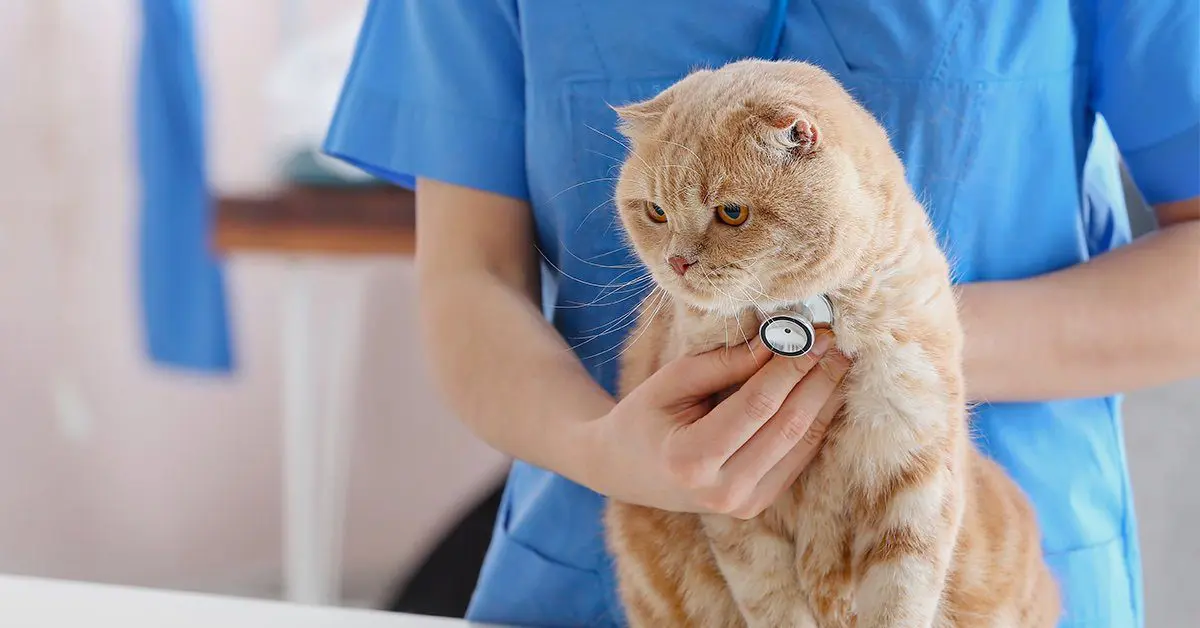Search
Featured post
What to Look for When Adopting a New Cat
What to Look for When Adopting a New Cat
Adopting a new cat can be one of the most rewarding experiences for an animal lover. Cats are known for their independent yet affectionate nature, making them wonderful companions. However, the process of choosing the right feline friend requires careful consideration and preparation. This blog post will explore various factors to consider when adopting a new cat, ensuring a smooth transition for both the new pet and their human family.
UNDERSTANDING THE COMMITMENT
Long-Term Responsibility
Before taking the plunge, it’s crucial to understand that adopting a cat is a long-term commitment. Cats can live well into their teens, with many living into their 20s. This means you may be bringing a furry friend into your life for a decade or more. This long-term responsibility means you should be prepared for various life changes, such as moving, changing jobs, or even welcoming new family members.
Financial Considerations
The costs associated with owning a cat can add up quickly. Regular expenses include:
Food: High-quality cat food is vital for your cat's health and can vary widely in price.
Veterinary Care: Routine veterinary visits, vaccinations, flea and tick prevention, and possible unforeseen health issues can incur significant costs over time.
Supplies: Cat beds, litter boxes, toys, scratching posts, and carriers can also add up.
Pet Insurance: While optional, pet insurance can save you money on unexpected medical bills.
Understanding these financial commitments can help you make an informed decision about adopting a cat.
CHOOSING THE RIGHT CAT
Lifestyle Compatibility
Your lifestyle plays a pivotal role in determining the best cat for you. Consider the following:
Activity Level: Some cats are more energetic and playful, while others prefer a quiet and laid-back environment. If you have an active household, a playful cat may be a good match. Conversely, if you prefer a tranquil space, consider an older cat who enjoys lounging.
Space: The size of your home can influence your choice. Cats generally are adaptable, but larger breeds may require more space to roam, while smaller cats can thrive in apartments or smaller homes.
Allergies: If anyone in your household has allergies, consider researching hypoallergenic cat breeds. While no cat is completely allergy-free, some breeds produce fewer allergens than others.
Temperament Assessment
When meeting potential adoptees, take note of the cat's temperament. Cats display a wide range of personalities. Spend time interacting with cats at a shelter or adoption event. Look for signs of friendliness, sociability, and comfort around people. You might also want to ask shelter staff about the cat’s history and behavior in various settings. Some temperament traits to consider include:
Affectionate: Cats that enjoy cuddling and attention can make for great companions.
Playful: Cats that are energetic and curious will require more engagement and playtime.
Independent: Some cats prefer their own company and may not seek as much human interaction.
Age Considerations
Deciding on the age of your new cat is essential. Each age group comes with its own set of considerations:
Kittens: Kittens are undeniably adorable and can be a joy to raise, but they require a lot of time, patience, and training. They are often boisterous, curious, and need socialization to develop into well-rounded adults.
Adult Cats: Adult cats may have established personalities, making it easier to find a match that suits your lifestyle. They are often less demanding than kittens, but you might miss out on the early bonding experiences of kittenhood.
Senior Cats: Older cats often find themselves in shelters through no fault of their own. They tend to be calmer, and their personalities are more predictable. Senior cats can also be extremely affectionate and are often overlooked at shelters.
HEALTH CONSIDERATIONS
Medical History
When considering adoption, inquire about the cat's medical history. Ensure that the cat is up to date with vaccinations, has been spayed or neutered, and has received a recent health check. Knowing a cat’s medical background will provide insights into any ongoing health issues or special care requirements.
Behavioral and Socialization Issues
Some cats may come from stressful environments and might have experienced trauma. Observe how the cat interacts with people and other animals. A cat that seems fearful or aggressive might require more time and patience to adjust to their new home. In such cases, consider working with a qualified animal behaviorist who can help with behavioral modifications.
PREPARING YOUR HOME
Creating a Welcoming Environment
Before bringing your new cat home, it's crucial to prepare your environment. Here’s what to do:
Safe Space: Set up a quiet space where your new cat can feel secure as they adjust to their new surroundings. This can be a separate room with a bed, litter box, food, and water bowls.
Cat-Proofing: Ensure your home is safe for your new pet. Remove or secure any dangerous items such as toxic plants, small objects that could be swallowed, and cables that could be chewed.
Litter Box: Provide a clean litter box in a quiet location. Make sure you have enough litter boxes; typically, one per cat plus one extra is recommended.
Toys and Scratching Posts: Investing in toys and scratching posts will help keep your cat entertained and help prevent destructive behaviors.
Gradual Introduction
When you first bring your cat home, take it slow. Allow your new pet time to explore and adjust at their own pace. Gradual introductions to family members and other pets will help reduce stress. Be mindful of your cat’s body language as they acclimate to their new environment.
Adopting a new cat is a profound and loving commitment that rewards with companionship and joy. However, it requires careful thought and preparation. By understanding the responsibilities involved, choosing the right cat for your lifestyle and preferences, ensuring health considerations are met, and preparing your home, you’ll create a welcoming environment for your new feline friend. Ultimately, taking the time to choose wisely will lead to a long-lasting, fulfilling relationship that brings warmth to both your home and your heart.
Whether you choose a playful kitten or a wise senior cat, know that you are not only gaining a companion but also providing a much-needed second chance for a previously homeless animal. The bond you form with your cat will be rewarding beyond words, making the careful deliberation of adoption well worth the effort.
Search on Wikipedia
Labels
Most Popular
Tags
- animal health
- antibiotic abuse
- Antimicrobial resistance
- antimicrobial stewardship
- Brooding
- cat
- cat myths
- chicken
- cow
- dairy
- deworming
- dog
- dog care
- dog ethics
- dog grooming
- dog health
- Dog safety
- Dog training
- Dogs
- dress
- exercise
- exertional rhabdomyolysis
- Food safety
- hoof care
- hoof trimming
- Horse
- horse care
- horse disease
- Meat inspection
- Meat safety
- milking
- myths
- parvovirus
- pet
- pet care
- pet care.
- pet health
- Pig farming
- Pigs
- Poultry
- poultry farming
- poultry feed
- tick infestation





0 Comments